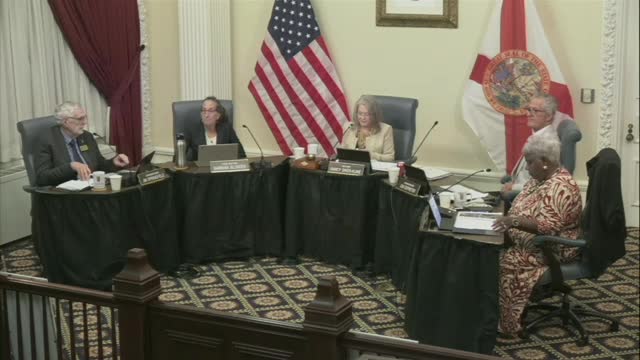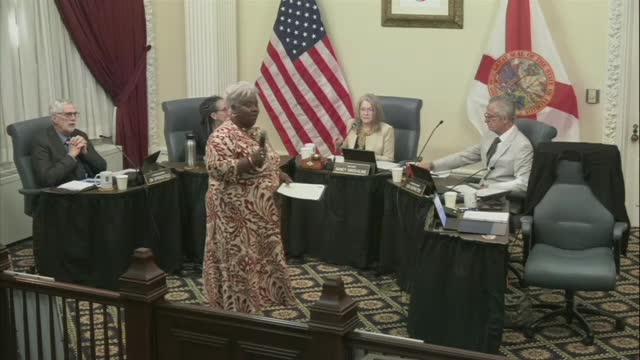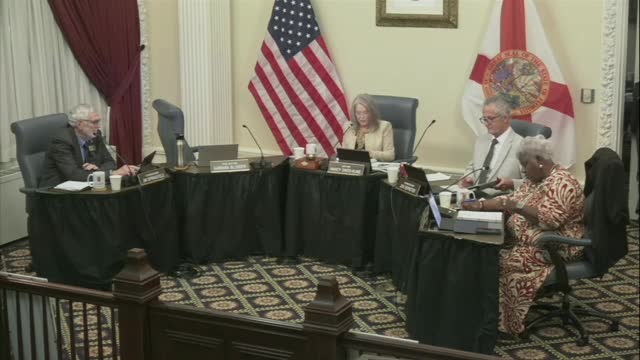Article not found
This article is no longer available. But don't worry—we've gathered other articles that discuss the same topic.

City report finds Knights of Lights caused widespread congestion, recommends shuttles, signage and leased restroom hubs

Commission proclaims February Black History Month, highlights Fort Mose reconstruction

